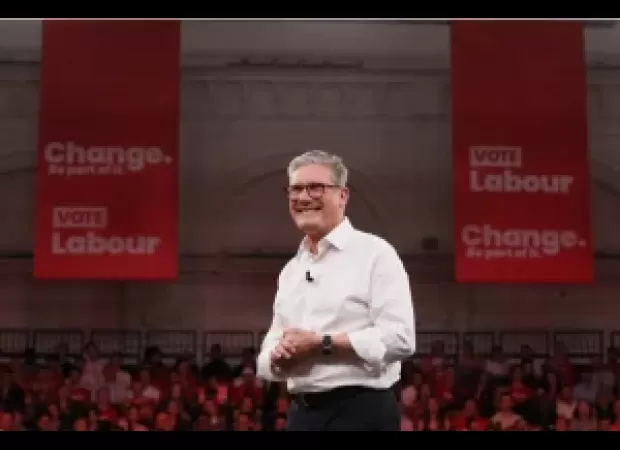A new beginning or possibility for the future.
The Labour Party's win in the UK elections is timely as Europe faces a shift towards far-right ideologies of discrimination against immigrants.

The Labour Party's win in the UK elections is timely as Europe faces a shift towards far-right ideologies of discrimination against immigrants.
8 Views


